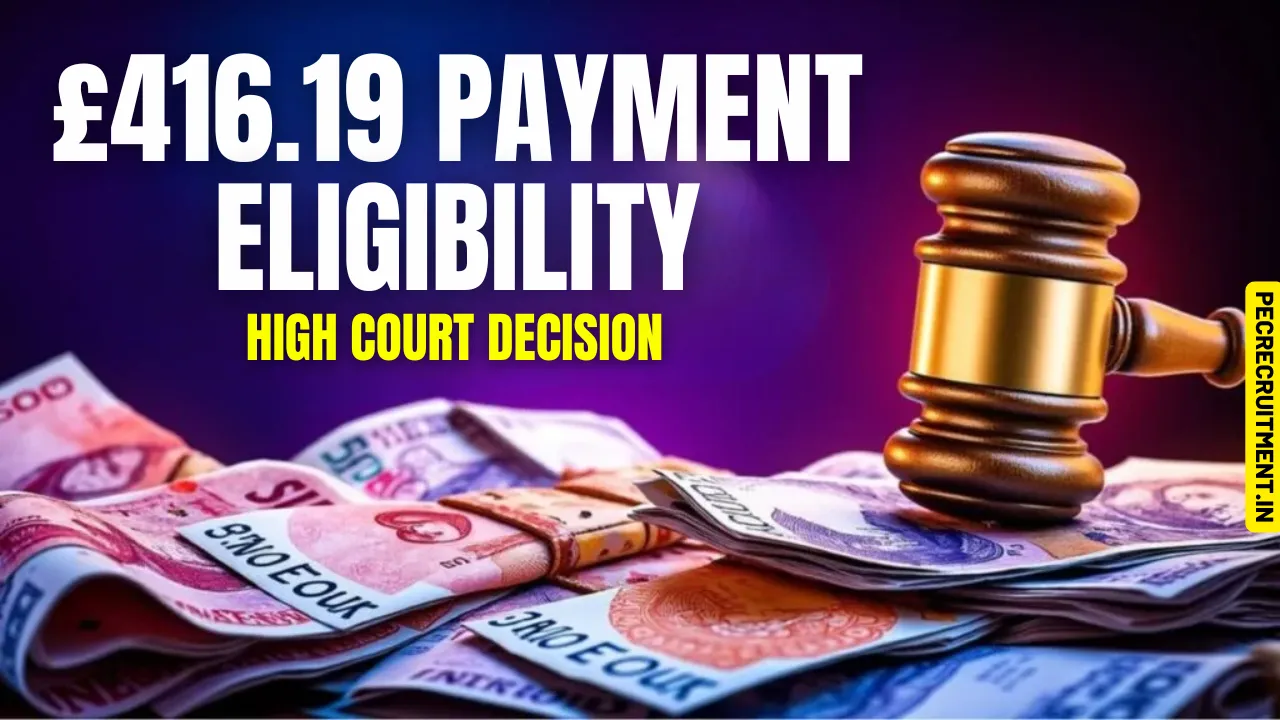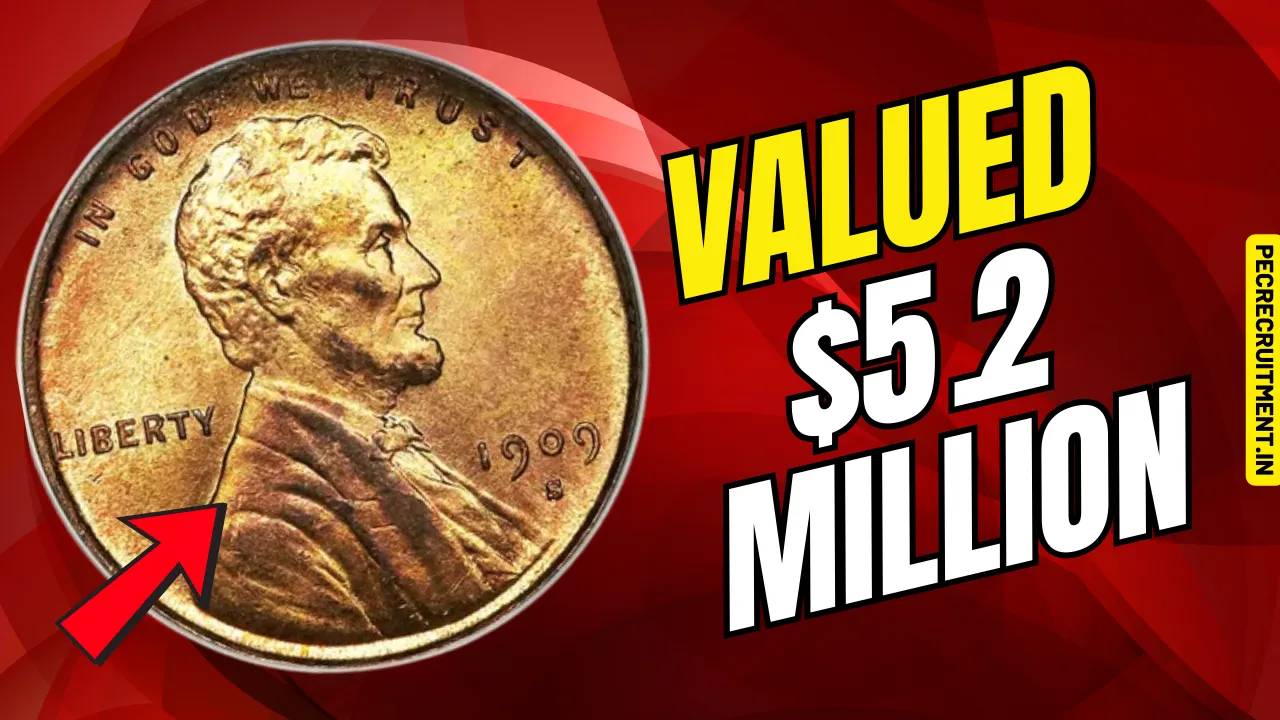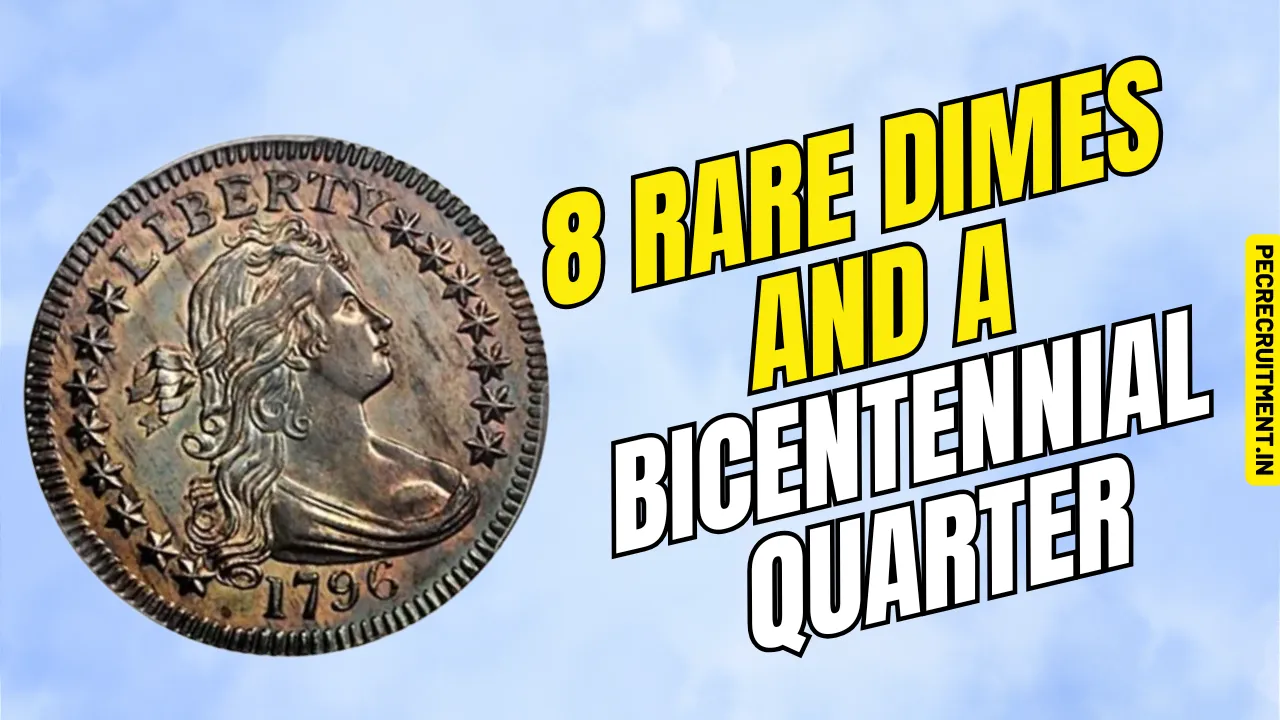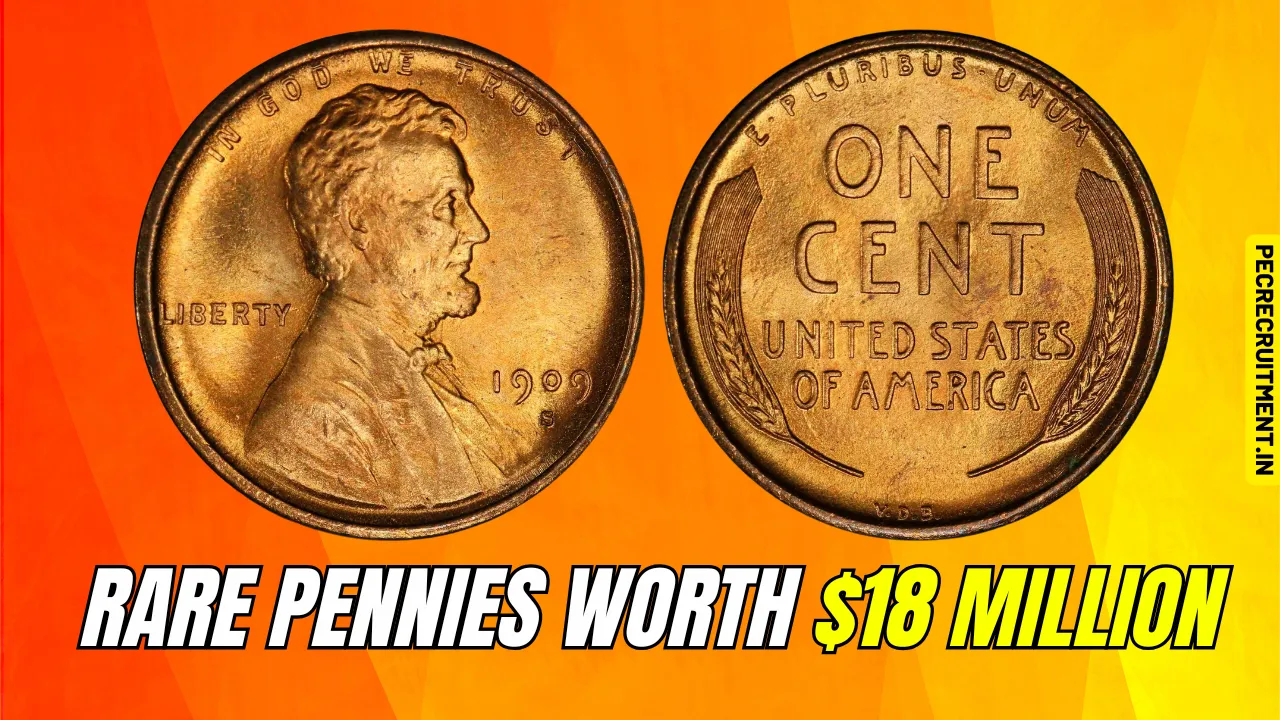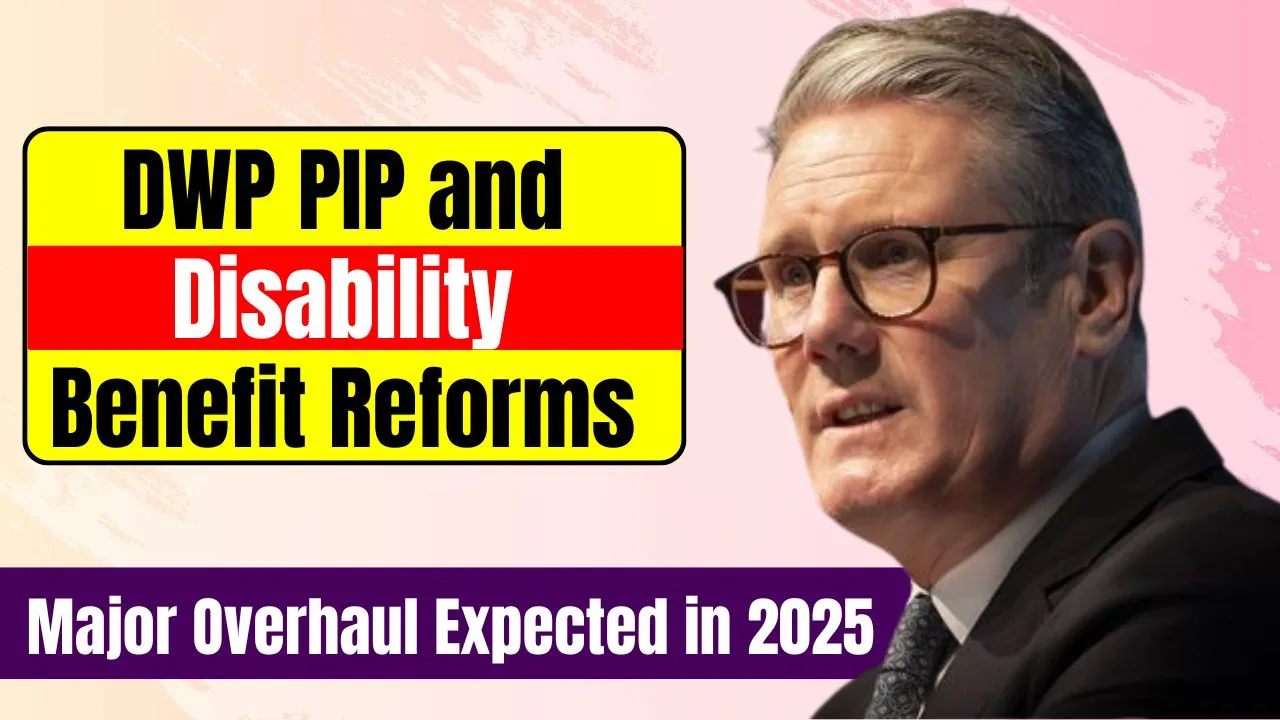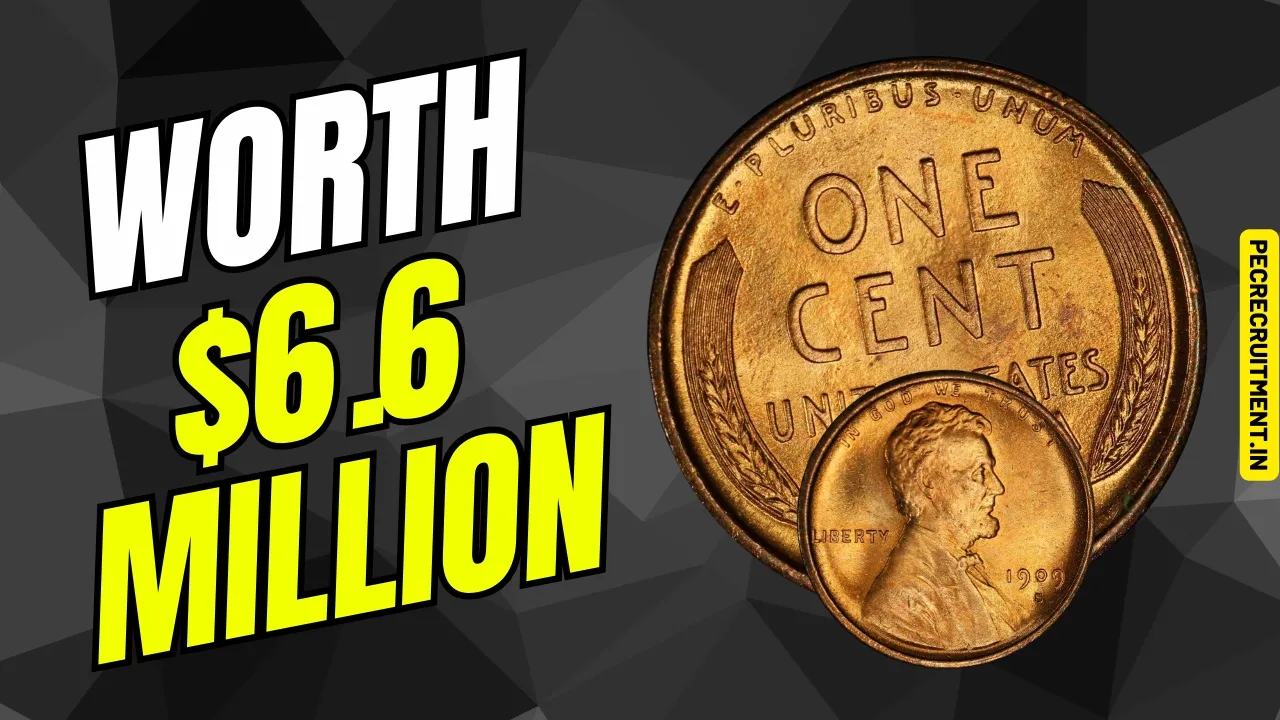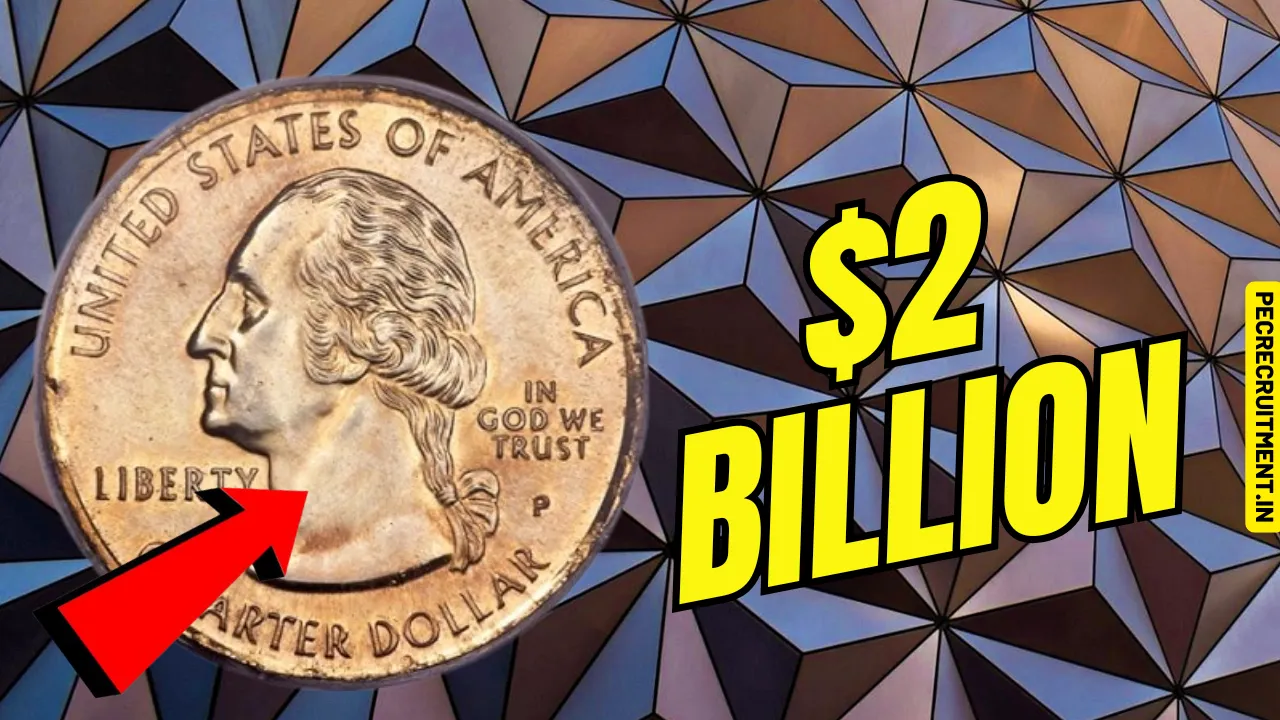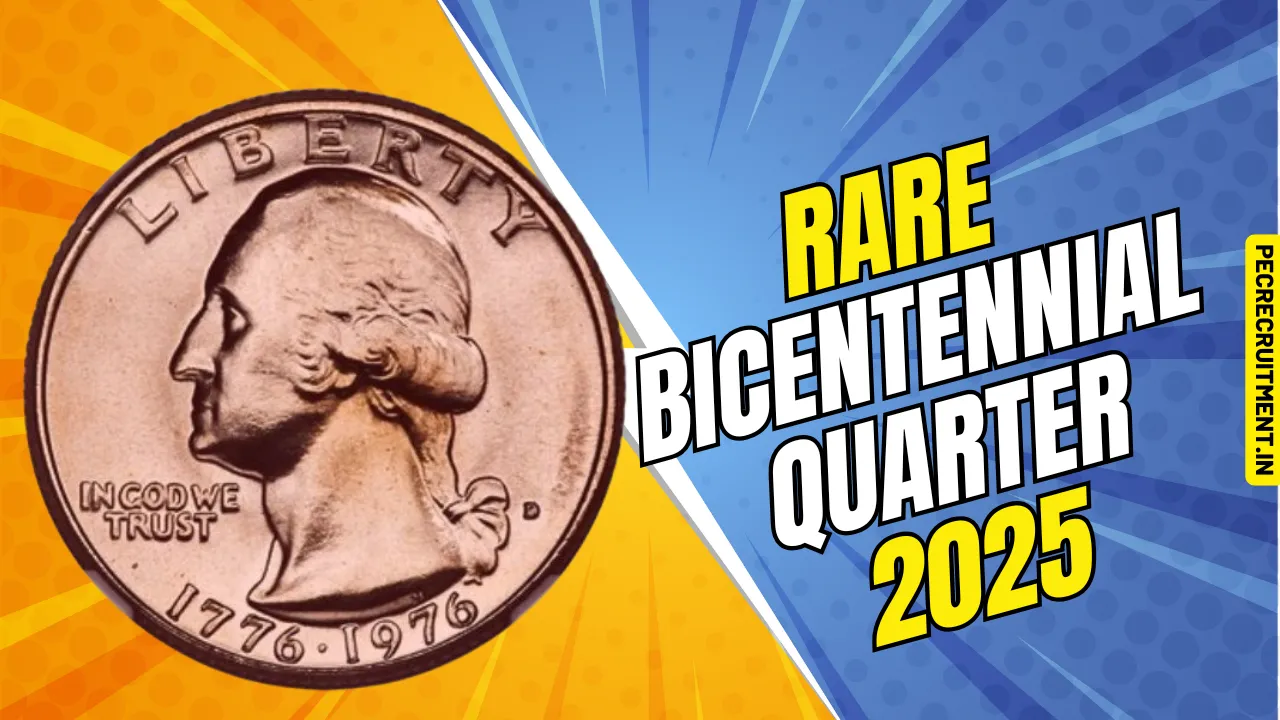£416.19 Payment Eligibility: A recent High Court ruling has confirmed that £416.19 monthly payments will continue for thousands of disabled individuals in the UK. This decision follows legal challenges against proposed welfare reforms by the Department for Work and Pensions (DWP), which could have led to benefit cuts for vulnerable claimants. The ruling protects approximately 424,000 people who rely on these payments to cover essential living costs.
This article will explain the implications of the ruling, who is eligible for the £416.19 payment, how to claim, and what changes, if any, may happen in the future.
Overview of the £416.19 Payment Ruling
| Category | Details |
| Payment Amount | £416.19 per month |
| Who is Eligible? | Disabled individuals under the Work Capability Assessment (WCA) system |
| Number of Affected People | Approximately 424,000 claimants |
| Why Was the Case in Court? | The government’s proposed cuts were ruled unfair due to a rushed consultation process |
| Planned Savings from Benefit Cuts | £3 billion by 2028 |
| How Payments Are Made | Direct bank deposits, Post Office accounts, or cheques in special cases |
| Official Source for Updates | GOV.UK – Benefits and Welfare |
Why Did the High Court Get Involved?
Background of the Legal Challenge
The DWP had proposed reforms to the Work Capability Assessment (WCA), the system used to determine whether a disabled person qualifies for additional financial support. These changes aimed to reduce financial support for individuals deemed capable of working, even if their disabilities or medical conditions made employment difficult.
However, disability advocacy groups challenged the proposal, arguing that:
- The consultation period for the policy change was too short, limiting public feedback.
- The full impact of the cuts was not explained properly, leaving claimants uninformed.
- The changes would have pushed thousands of disabled individuals into financial hardship.
The High Court agreed, ruling that the consultation process was unfair and unlawful. As a result, the DWP’s proposed cuts were blocked, and existing claimants will continue receiving their £416.19 payments.
Who Qualifies for the £416.19 Payment?
Following the ruling, eligible individuals will continue to receive payments if they meet the following criteria:
Eligibility Criteria
- Residency
- Must be a resident of the UK.
- Disability Status
- Must already receive disability-related benefits under Universal Credit (UC) or Employment and Support Allowance (ESA).
- Work Capability Assessment (WCA)
- Must have been assessed as having Limited Capability for Work and Work-Related Activity (LCWRA).
- Income Requirements
- Must meet financial eligibility criteria as set by the DWP.
What Happens to Existing Claimants?
- If you were already receiving this payment, you will continue to do so automatically.
- If you were recently reassessed or facing benefit cuts, your payments will not be reduced under the new ruling.
How to Apply for the £416.19 Payment
For existing claimants, no additional action is needed—payments will continue as usual. However, new applicants must follow a process to determine their eligibility.
Steps to Apply
- Check Your Eligibility
- Log into your Universal Credit or Employment and Support Allowance (ESA) account.
- Contact the DWP helpline if you are unsure about your status.
- Gather Required Documents
- Proof of disability (such as medical records or doctor’s letters).
- Proof of UK residency (e.g., utility bills, bank statements, or council tax records).
- Banking details for direct payment deposits.
- Submit Your Application
- Online via the GOV.UK portal.
- By phone through the DWP helpline (0800 169 0310).
- In person at your nearest Jobcentre Plus office.
- Monitor Your Payment Status
- Once approved, payments will be credited directly to your account each month.
- You can check payment details through your Universal Credit online account.
How Will the Payments Be Distributed?
The DWP has confirmed that the payment method will not change, meaning claimants will continue receiving their funds using the existing system.
Payment Methods
- Bank Transfers: Payments are automatically deposited into the recipient’s registered bank account.
- Post Office Payment Accounts: For those without a bank account, funds can be accessed via Post Office services.
- Cheque Payments: In exceptional cases, a cheque may be issued.
Payment Timeline
- Payments will be issued monthly.
- Any future adjustments for inflation will be applied automatically.
Impact of the High Court Ruling on Disabled Individuals
Why This Ruling Matters
The ruling is a significant victory for disabled people and those advocating for fair welfare policies. The decision means:
- Disabled individuals will continue receiving financial support without facing sudden cuts.
- The government must ensure fair consultation processes before introducing similar welfare reforms in the future.
- There is increased awareness about disability rights, ensuring stronger protections for vulnerable individuals.
Disability advocacy groups have praised the decision, emphasizing that financial support is crucial for those who cannot work due to health conditions.
What Happens Next?
Government’s Next Steps
Following the ruling, the government is expected to:
- Revise the Consultation Process: A more thorough review of disability benefits will be conducted.
- Increase Transparency: The DWP will be required to explain how any proposed reforms would affect claimants.
- Engage with Disability Advocacy Groups: The government may collaborate with welfare organizations to develop fairer policies.
- Introduce Future Welfare Adjustments Gradually: Any future changes will likely involve transitional financial support.
What Should Claimants Do?
- Stay informed by checking official updates on gov.uk.
- Ensure personal details are up to date with the DWP to avoid delays in receiving payments.
- Seek advice from welfare organizations such as Citizens Advice if unsure about benefit eligibility.
Conclusion
The High Court’s decision to block the DWP’s proposed benefit cuts is a positive outcome for those receiving disability support. The £416.19 monthly payment remains intact, allowing over 424,000 individuals to maintain financial stability.
Claimants should remain informed about any future policy changes, verify their payment status, and seek guidance from official government sources or welfare organizations if needed.
Frequently Asked Questions (FAQs)
Will I still receive my £416.19 payment after the court ruling?
Yes, the High Court ruling ensures that current claimants will continue receiving their benefits without interruption.
Do I need to submit a new application to receive this payment?
No, if you are already receiving the payment, you do not need to reapply. Payments will continue automatically.
What should I do if my payment is delayed?
Check your Universal Credit account for updates or contact the DWP helpline (0800 169 0310) for assistance.
How long will these payments continue?
Payments will remain in place until the government introduces new welfare policies, which will require proper consultation before implementation.
Where can I get help with my benefits application?
You can seek advice from Citizens Advice, welfare rights organizations, or the DWP’s official website (gov.uk).
By staying updated and aware of their rights, claimants can ensure they continue receiving the support they are entitled to.
